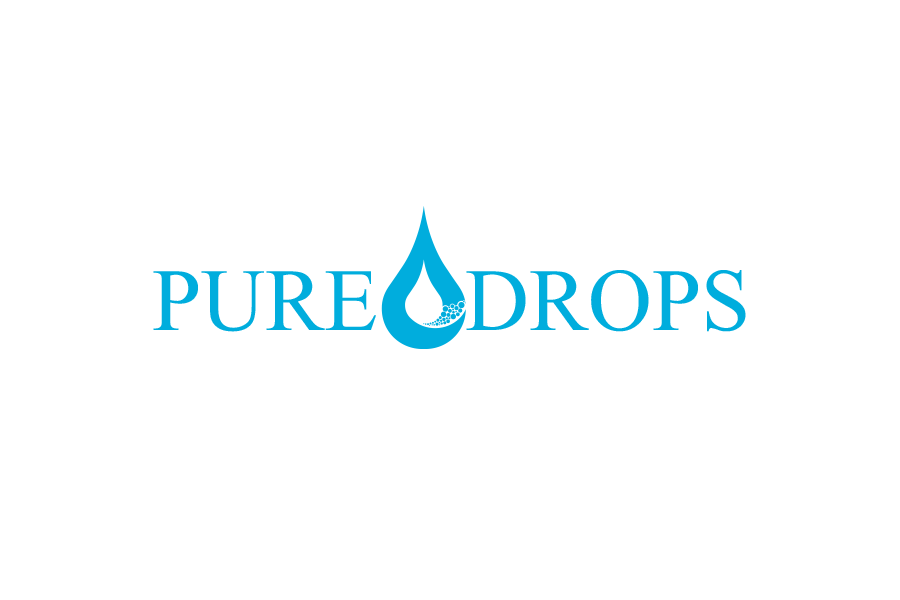Dubai, a city in the United Arab Emirates, is known for its stunning skyscrapers, luxurious shopping malls, and beautiful beaches. However, one of the most remarkable features of Dubai is its water resources. Despite being located in a desert, Dubai has made significant investments in water infrastructure, making it a leader in water management and conservation. In this blog, we’ll explore the various ways Dubai manages its water resources.
Desalination:
Dubai’s primary source of water is desalination. The city relies on the desalination of seawater to meet its water demands. Desalination is the process of removing salt and other minerals from seawater to produce freshwater. Dubai has some of the largest desalination plants in the world, including the Jebel Ali Desalination Plant, which is one of the largest in the world, producing over 300 million gallons of freshwater per day. The desalination process is energy-intensive and expensive, but Dubai has invested heavily in this technology to ensure a reliable water supply.
Rainwater Harvesting:
Although Dubai is located in a desert, it does receive some rainfall during the winter months. The city has implemented a rainwater harvesting system to capture rainwater and store it for later use. The system involves collecting rainwater from rooftops and storing it in tanks. The harvested rainwater can be used for irrigation, landscaping, and other non-potable uses, reducing the demand for desalinated water.
Greywater Recycling:
Greywater is wastewater from sinks, showers, and other non-toilet sources. In Dubai, greywater is treated and recycled for use in irrigation and landscaping. This system reduces the demand for desalinated water and provides a sustainable source of water for non-potable uses.
Smart Irrigation:
Dubai has implemented a smart irrigation system that uses weather data and soil moisture sensors to optimize irrigation schedules. The system ensures that water is only applied when necessary, reducing water waste and improving plant health. The smart irrigation system is used in public parks, golf courses, and other green spaces.
Public Awareness:
Dubai has launched several public awareness campaigns to educate residents and visitors about the importance of water conservation. The campaigns encourage people to conserve water by taking simple actions such as fixing leaks, reducing shower time, and using efficient appliances. The city also offers incentives for water-efficient appliances and fixtures.
Conclusion:
Dubai’s water Treatment management strategies are a remarkable example of how a city can thrive in a water-scarce environment. By investing in desalination, rainwater harvesting, greywater recycling, and smart irrigation, Dubai has ensured a reliable water supply for its residents and visitors. The city’s public awareness campaigns also play an essential role in encouraging people to conserve water. Although these strategies are not without their challenges, Dubai’s success in managing water resources can serve as a model for other cities facing similar water scarcity issues.
